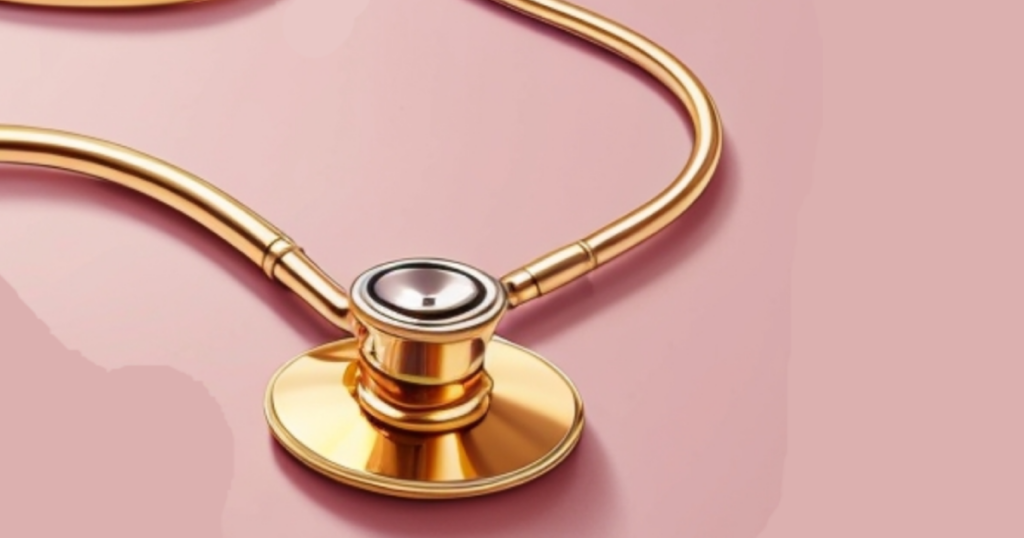Over the years, I’ve used the ProPublica and the more recent Open Payments public databases to see if any doctors I’d visited had received money from pharmaceutical companies.
Read more: Find out if your doctor is getting money from Big PharmaThe ProPublica and Open Payments databases
I first learned about the ProPublica database from a 2011 post at Everything Matters (formerly Beyond Meds.) That database is no longer updated, but still has information about thousands of companies and gazillions in payments over the period 2009 to October 2019. I think you have to access a separate archive for info from 2009 to 2013, but it’s on the front page of the site.
A more recent database, the Centers for Medicare and Medicaid Services Open Payments site, has information from January 2016, although it’s only updated in six-month increments.
$318,000 received by two doctors
When I performed this experiment back in 2011, I found that two of the doctors I’d seen over the previous five years were in the ProPublica database. The insomnia specialist received $185,000 in one year from Pfizer for research and the GI surgeon received $133,000 in speaking fees over two years, also from Pfizer.
Like all of them, strengths and limitations
I’m not sure a GI surgeon who DOESN’T foist drugs on you after you’ve had your bowels sliced open is someone I’d want to meet. As for Dr. Insomnia, he did say he had no further ideas for me but to keep trying different medications. (His assistant did alert me to the new, smaller light therapy gadgets I hadn’t known about.) But he also spoke with me for a total of three hours, asked me a ton of questions, listened carefully to everything I said, and determined that I’d already tried and ruled out the usual approaches to insomnia.
I explained early on that I was also trying a nutritional therapy approach and he did not discourage or discount it, which in my experience is rare among doctors. I also said I wasn’t really into meds and he was sympathetic. He came very highly recommended by my regular doctor who described him as “a little intense, but it’s because he cares,” and I agreed with her impression.
In sum, I was very appreciative of the time he took with me, but once again frustrated by the narrow range of solutions he could offer and his lack of knowledge about basic effects of nutrition on sleep patterns, which you’d think would be a requirement in a sleep expert.
You stop registering the pervasive pharma patter
When I first came across this payment information, I realized that the reliance on prescription drugs has been so all-encompassing that I almost stopped registering it over the past decades. I’d almost forgotten that it was the main reason I gave up on conventional doctors as I sought to fix my remaining complaints.
Why I still visited conventional doctors
The main reasons I continued to occasionally visit conventional doctors (in addition to the occasional alterna-doc) for these longstanding, undiagnosed issues were:
- my insurance covered regular checkups
- a strange desire to map the extent of their uselessness in treating chronic health mysteries
- curiosity about the effect of the new healthcare changes being talked about in 2011
- and, quite frankly, because most people will not give your complaints about your health issues and the healthcare system any credence if you haven’t gone to the kinds of doctors they’re familiar with.
Publish and update info
This post was originally published on September 22, 2011 and updated in August 2023.





